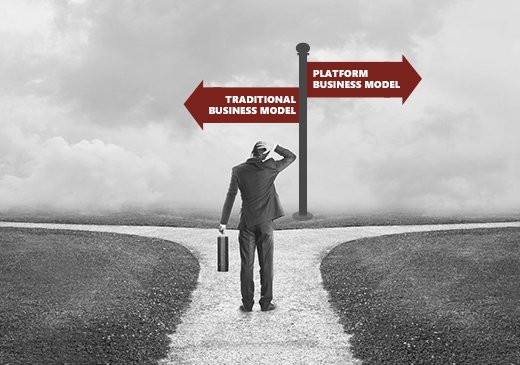Platform businesses have revolutionized the way we conduct commerce in the digital age. The rise of platform giants like Apple, Microsoft, and Airbnb has showcased the power of the platform model in driving growth and disrupting traditional business segments. These platforms create ecosystems where users can exchange goods, services, or ideas, ultimately reshaping the dynamics of the marketplace.
One key aspect that sets platform businesses apart is their focus on demand-side economies of scale. Unlike traditional linear businesses that rely on increasing production efficiency, platform models thrive on expanding demand networks and facilitating transactions between users on the platform. This shift in approach has enabled companies like Airbnb to disrupt the hospitality industry without owning any real estate, simply by connecting hosts and guests through their platform.
When implementing a platform strategy, businesses must focus on enabling interactions between participants and incentivizing engagement. Platforms like Apple have successfully transformed their pipeline businesses into platforms by leveraging their existing user base and ecosystem. By understanding the value exchanges that matter to their target users and implementing strategies to drive interaction, businesses can capitalize on the platform model to drive growth and innovation.
There are different types of platform models that businesses can explore, each with its own unique characteristics and benefits. Regisseur platforms like GE’s Predix focus on creating ecosystems around their core offerings, while niche platforms like Lyst and UberEats cater to specific industries or customer segments. Neo-Digi bazaars like Amazon and eBay act as transaction platforms, while access over ownership platforms like Airbnb and Uber connect individuals with underutilized assets to those in need.
Mechanics of Knowledge platforms like TaskRabbit and Freelancer provide mission-critical resources and expertise to businesses, streamlining processes and reducing frictions caused by disparate knowledge providers. These platforms play a crucial role in facilitating connections and transactions in various industries, from transportation to hospitality to heavy industry.
As businesses increasingly look to leverage the power of the platform model, it is essential to have a solid strategy in place. Business Strategists can help guide organizations through the process of transitioning into a platform business, ensuring that they build deep trust-based relationships, implement airtight action plans, and establish a robust technological framework to support their platform ecosystem. By embracing the platform model, businesses can unlock new opportunities for growth, innovation, and success in the digital marketplace.

